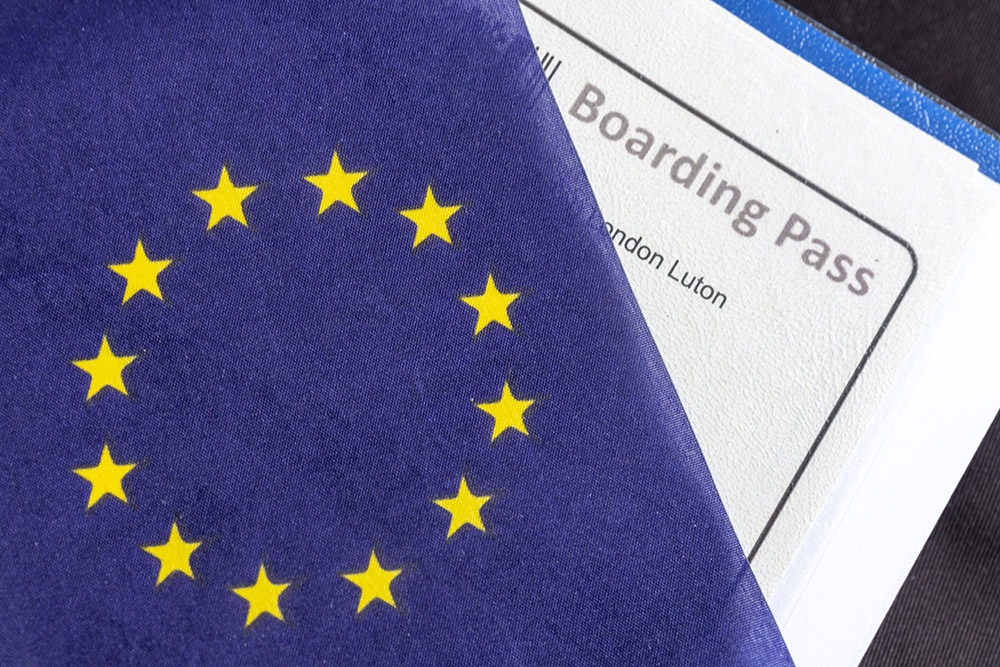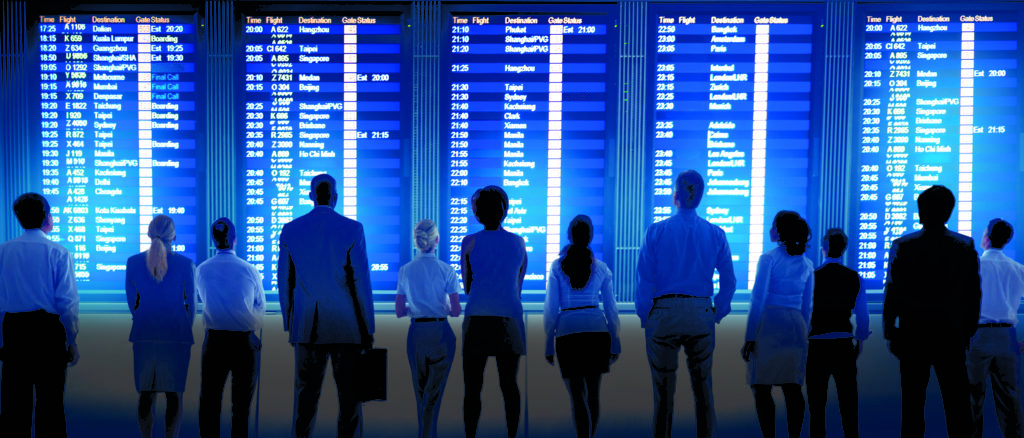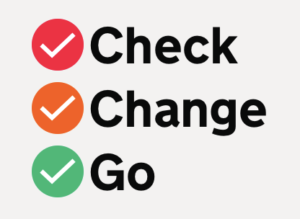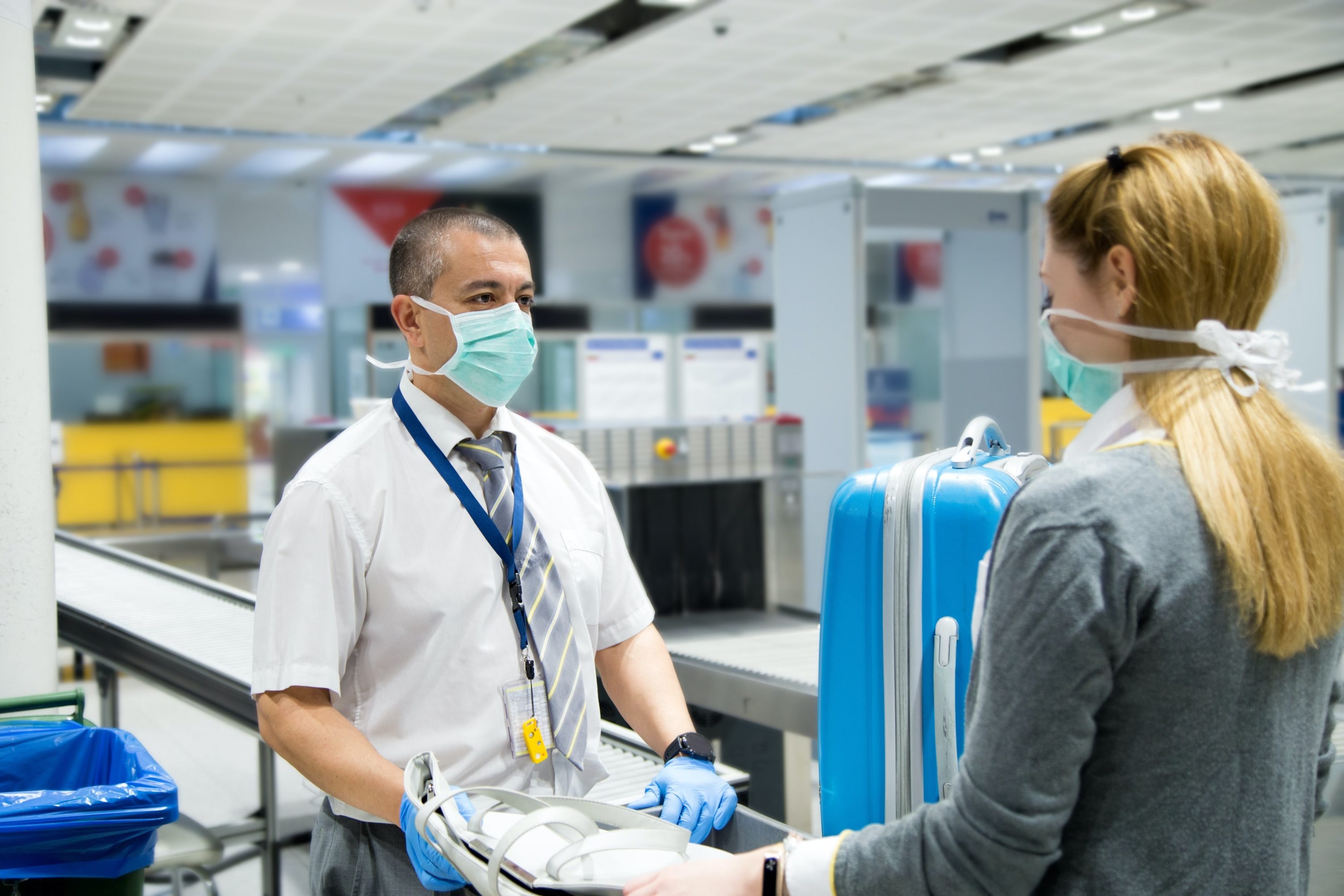
Brexit is back!
Of course, it never went away. However, with Covid-19 pretty much dominating any and all business travel news – including this blog – for the past seven months, you can be forgiven for forgetting about a little thing called ‘Brexit’. But with the transition deadline of 1st January 2021 looming, when new rules for travelling to the European Union come into force, now is the time to remind yourself of what’s going to change for business travel and what you need to do to prepare.
With negotiations between Great Britain and the EU ongoing, the situation and implications for business travellers are in a state of flux. However, we’re constantly monitoring all developments. Below is the current status and we’ve put together these general points which all travellers (business and leisure) will need to consider come the New Year.
Passport
On the day of travel, you’ll need your passport to both:
- have at least 6 months left
- be less than 10 years old (even if it has 6 months or more left)
Insurance
- EHIC no longer valid. Obtain private insurance which covers pre existing medical conditions
Advisories Travelling
- show a return or onward ticket
- show you have enough money for your stay
- use separate lanes from EU, EEA and Swiss citizens when queueing
In regards to business travel, it’s not quite as straightforward compared with leisure travel.
Yes, it is appears a tourist can travel up to 90 days in any 180 day period throughout the Schengen zone, for example, but business travel will vary per country.

Visa
- Each country might have its own entry requirements, or ask you to have certain documents. So check the entry requirements for the country you’re visiting.
Insurance
- A business will need to check whether they need indemnity insurance for your employees.
Advisories Travelling
- Most countries have a limit on the value of goods you can bring in duty free. you think you’ll be over the duty free limit, you can usually get an ATA Carnet to avoid paying duty. This includes things like:
- samples to show at trade fairs or sales meetings
- publicity materials
- recorded film and audio
- equipment you need for work like laptops, cameras or sound equipment
- goods for educational, scientific or cultural purposes
- personal effects and sports goods
- You will also need a licence if you are moving controlled good including technology, medicine and machinery. Check if your goods are controlled and you need a licence.
- Depending on your residency status, you may have to pay tax in the country you are travelling to work in. So if you are a UK resident but travelling for work in the EU, you will need to tell HMRC you’ll be working in the EU. Also Check whether you’ll need to pay social security contributions in the country you’re working in.
For more information about Brexit and business travel, please visit or INFORMATION PAGE.
Or visit the UK Government website HERE.

To help you navigate the changes of business travel, we’ve created the brand-new Traveller Toolkit. This invaluable online resource is packed full of easy-to-use guides and checklists for every stage of every journey. We detail exactly what you need to know and do before, during and after your trip.
You’ll also find innovative and interactive virtual trips, which walk you through each step of being at the airport, on the train and in the hotel. You can even check the travel restrictions and health status of your destination with our comprehensive COVID-19 Country Tracker, updated five times daily to ensure you have the very latest information to help keep you and your travellers safe.
Travel is changing. But with common sense and a good TMC behind you, travellers should have the confidence to once again take to the skies. It’ll soon be business as (un)usual.

